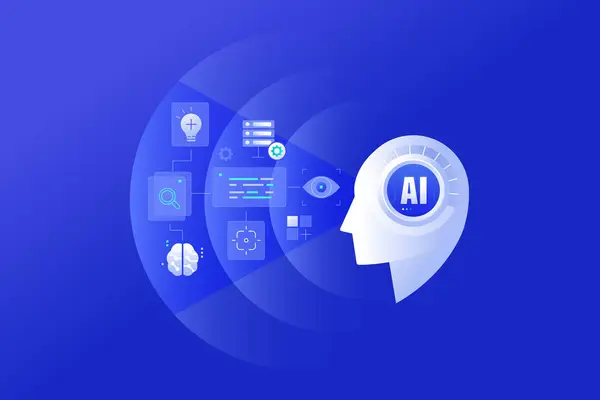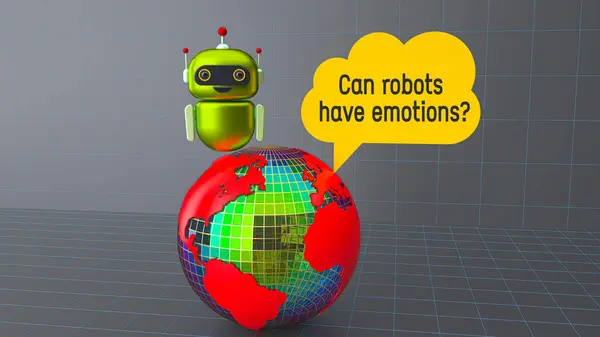
The Future of Work: Adapting to a Digital and AI-Driven Economy
February 16, 2025
Work ForceThe world of work is undergoing a radical transformation driven by digital technologies, automation, and artificial intelligence. As businesses adapt to these changes, employees and organizations must rethink how they operate, upskill their workforce, and embrace new work models. The future of work will be defined by flexibility, innovation, and continuous learning.
In this blog, we explore the evolving workplace landscape, key trends shaping the future of work, and strategies for businesses to stay ahead.
Key Trends Shaping the Future of Work
As technology reshapes industries, several key trends are driving changes in the workplace:
1. Remote and Hybrid Work Models
- Companies are adopting flexible work arrangements, balancing in-office and remote collaboration.
- Digital tools and cloud-based platforms enable seamless virtual teamwork and productivity.
- Hybrid work fosters employee satisfaction, reducing burnout and improving work-life balance.
2. AI and Automation in the Workplace
- AI-powered tools enhance efficiency by automating repetitive tasks, allowing employees to focus on strategic work.
- Machine learning and data analytics drive better decision-making and predictive insights.
- Organizations must reskill workers to adapt to AI-driven roles and maintain workforce relevance.
3. Workforce Upskilling and Continuous Learning
- Digital transformation demands a focus on lifelong learning and skill development.
- Businesses are investing in online courses, AI-powered learning platforms, and microlearning.
- Employees must develop adaptability, critical thinking, and digital literacy skills.
4. Digital Collaboration and Cloud-Based Workspaces
- Cloud computing and collaborative tools enable global teams to work seamlessly.
- Virtual reality (VR) and augmented reality (AR) are enhancing remote training and meetings.
- Security measures and digital infrastructure must evolve to support distributed workforces.
5. Employee Well-Being and Work-Life Balance
- Organizations are prioritizing mental health and employee engagement strategies.
- Flexible schedules and wellness programs improve productivity and retention.
- AI-driven well-being platforms personalize support for employees.
Preparing for the Future of Work
Businesses and professionals must embrace a proactive approach to adapt to the evolving work landscape:
- Invest in Digital Transformation: Leverage AI, automation, and cloud technologies to enhance efficiency.
- Foster a Learning Culture: Encourage continuous skill development and upskilling initiatives.
- Enhance Remote Work Strategies: Implement best practices for virtual collaboration and security.
- Redefine Employee Experience: Focus on well-being, engagement, and workplace flexibility.
- Adapt to Changing Job Roles: Prepare for AI-driven job shifts and emerging career opportunities.
Conclusion
The future of work is being shaped by digital innovation, AI, and evolving workforce expectations. Businesses that adapt to these changes by embracing technology, upskilling employees, and fostering a flexible work culture will thrive in the new digital economy.
At Raphus Solutions, we empower organizations with cutting-edge digital transformation strategies, AI-driven solutions, and future-ready workforce training. Stay ahead in the evolving world of work—connect with us today!
Featured Blogs

Artificial Intelligence (AI) is revolutionizing software engineering by automating coding tasks, enhancing development workflows, and improving software quality. AI-augmented software engineering leverages machine learning, natural language processing, and automation to help developers write, test, and deploy software more efficiently.

Quantum computing is poised to revolutionize industries by solving problems that are impossible for classical computers. By leveraging the principles of quantum mechanics, quantum computers have the potential to transform fields such as cryptography, artificial intelligence, drug discovery, and complex system simulations.

The world of work is undergoing a radical transformation driven by digital technologies, automation, and artificial intelligence. As businesses adapt to these changes, employees and organizations must rethink how they operate, upskill their workforce, and embrace new work models.